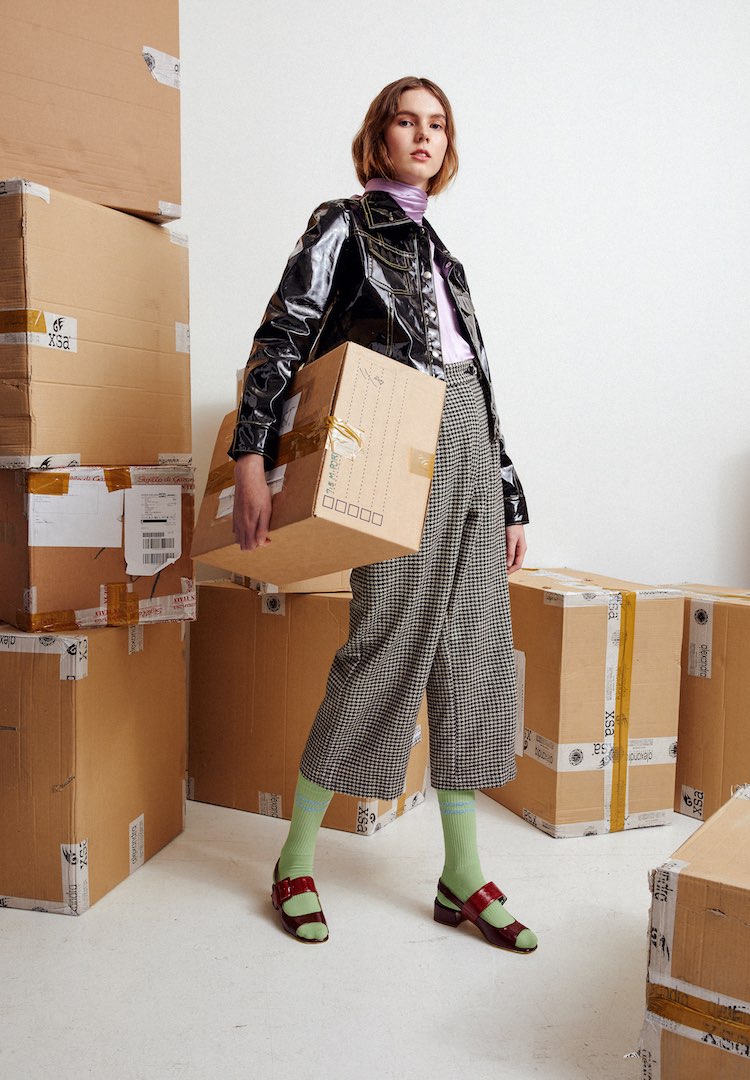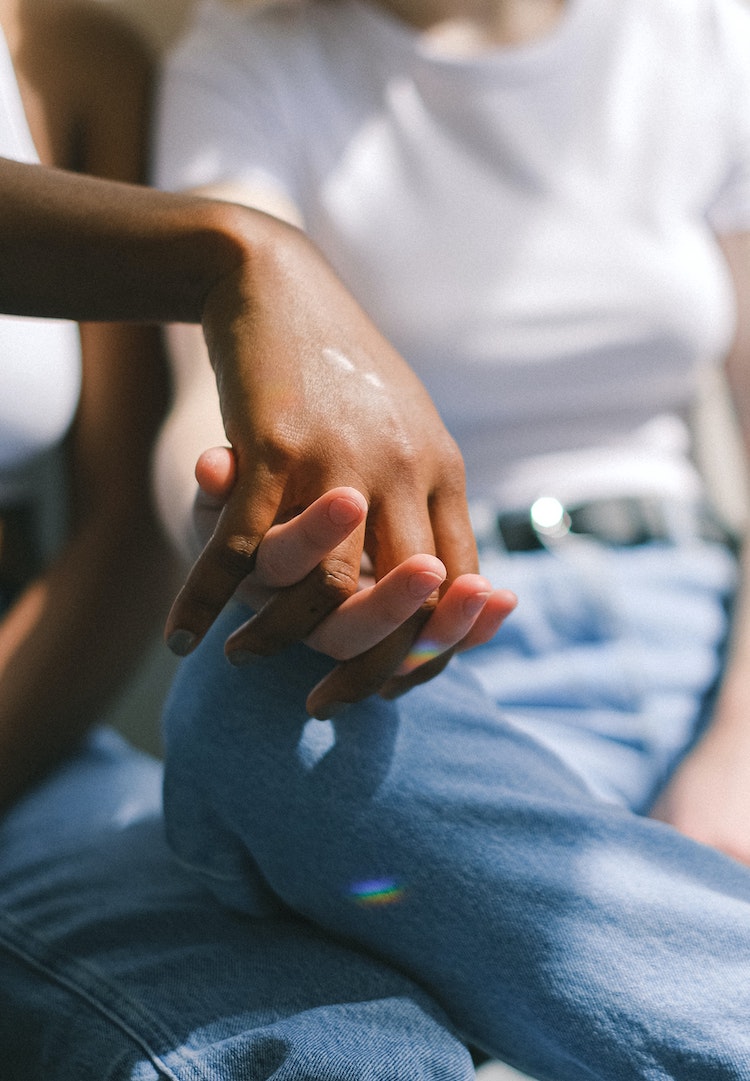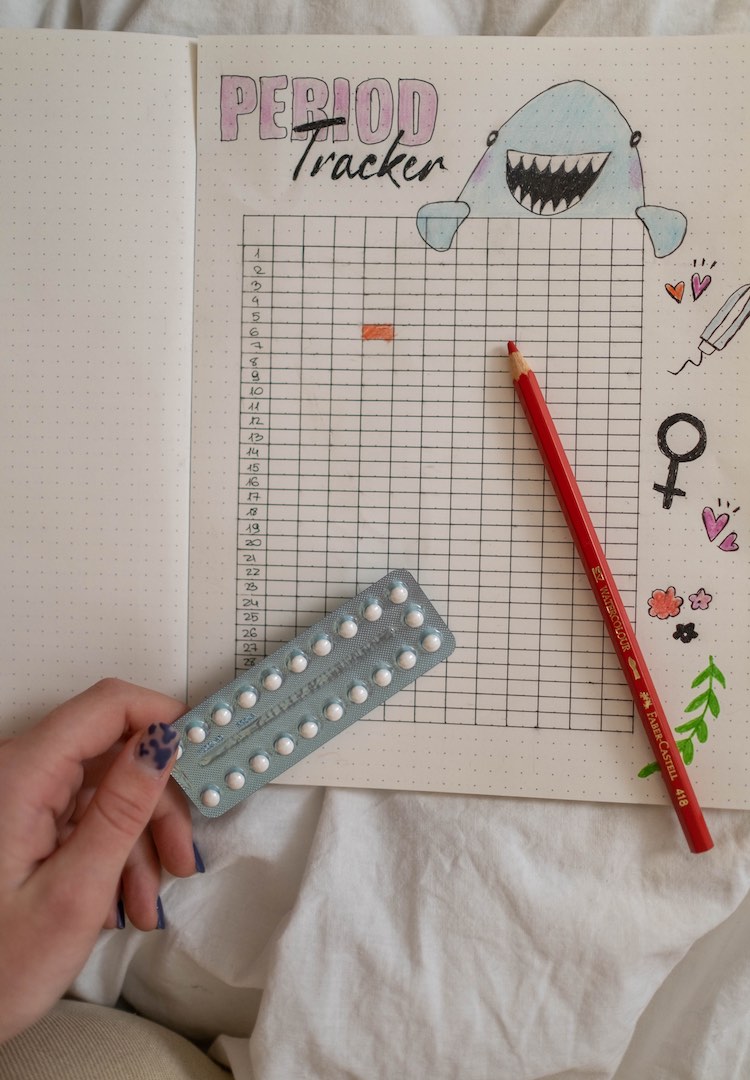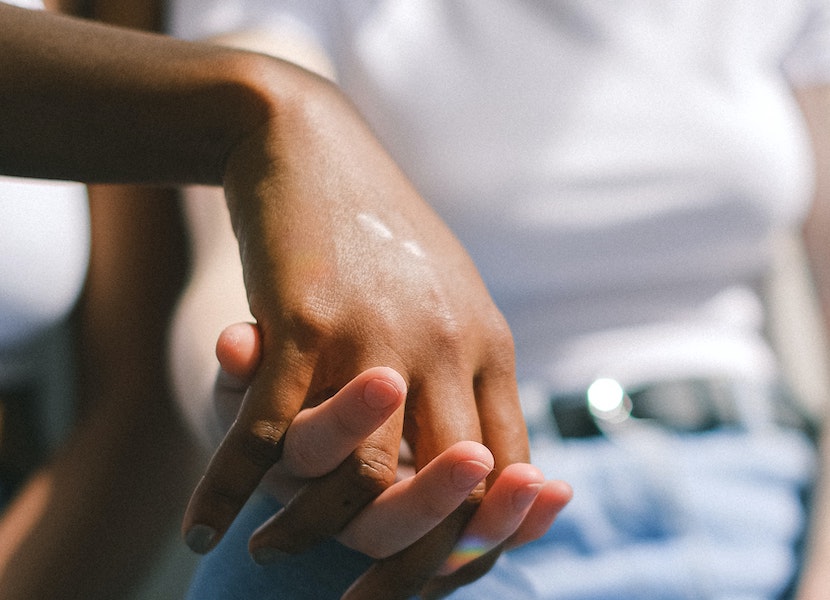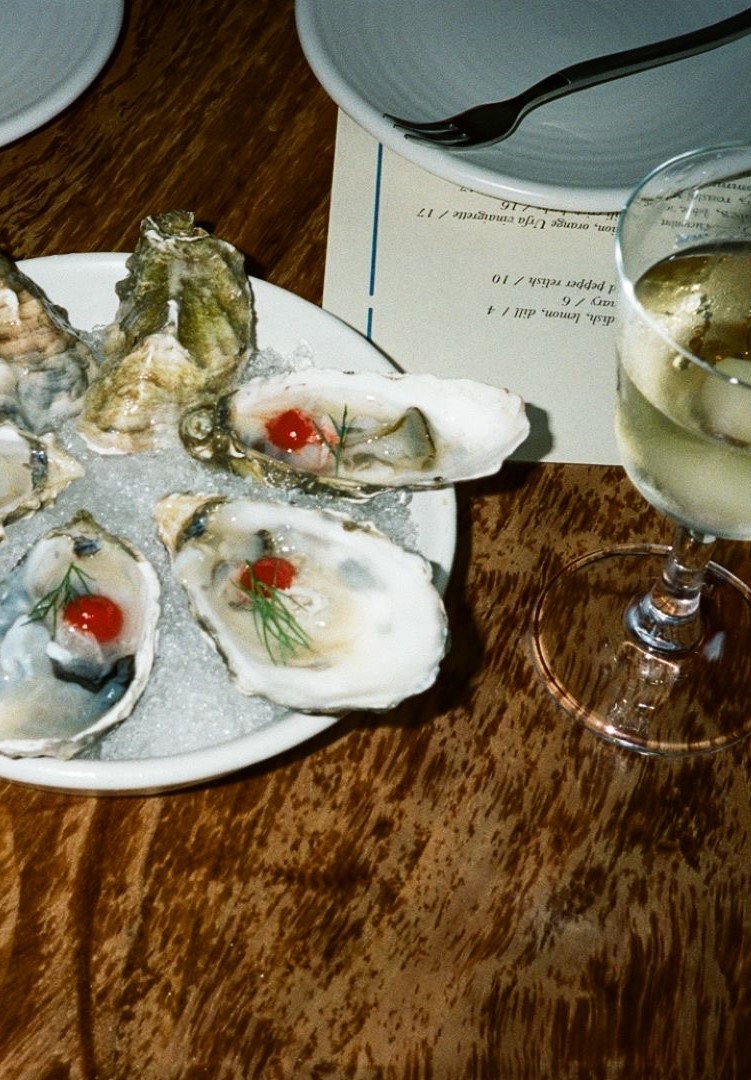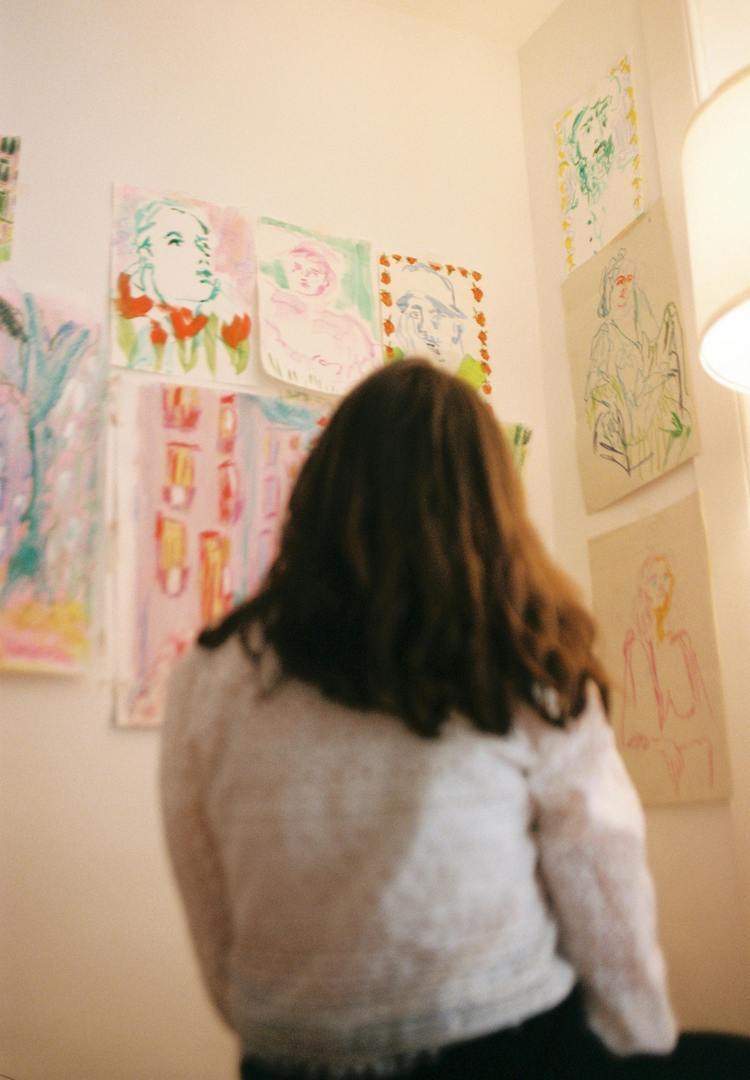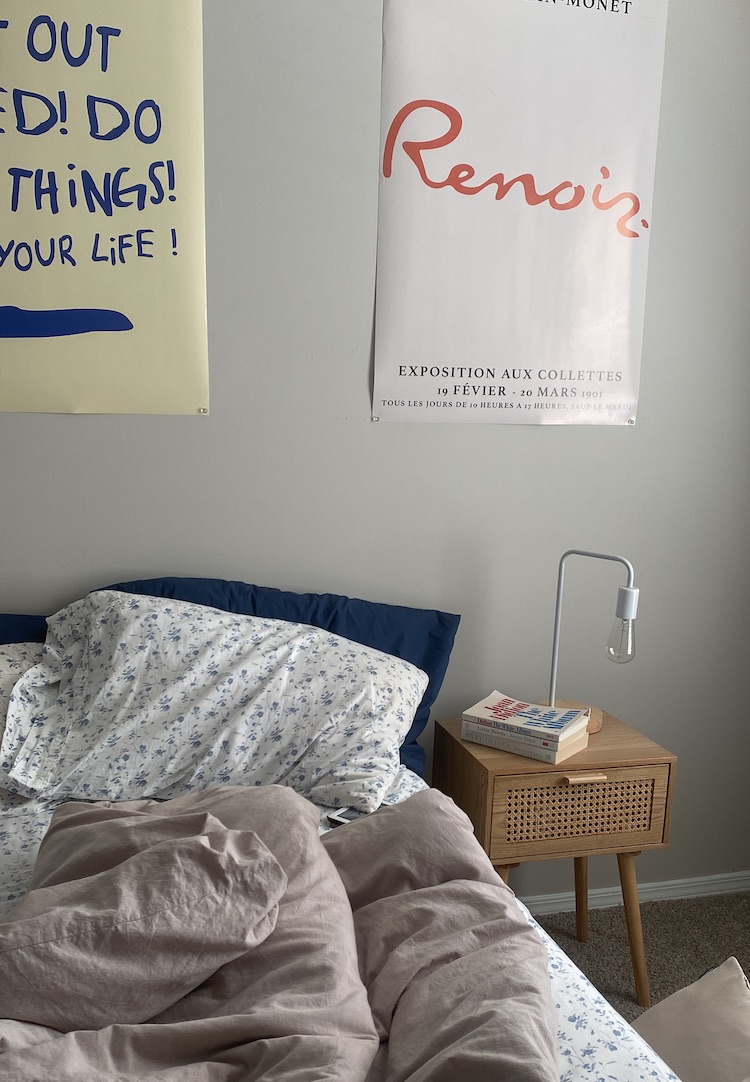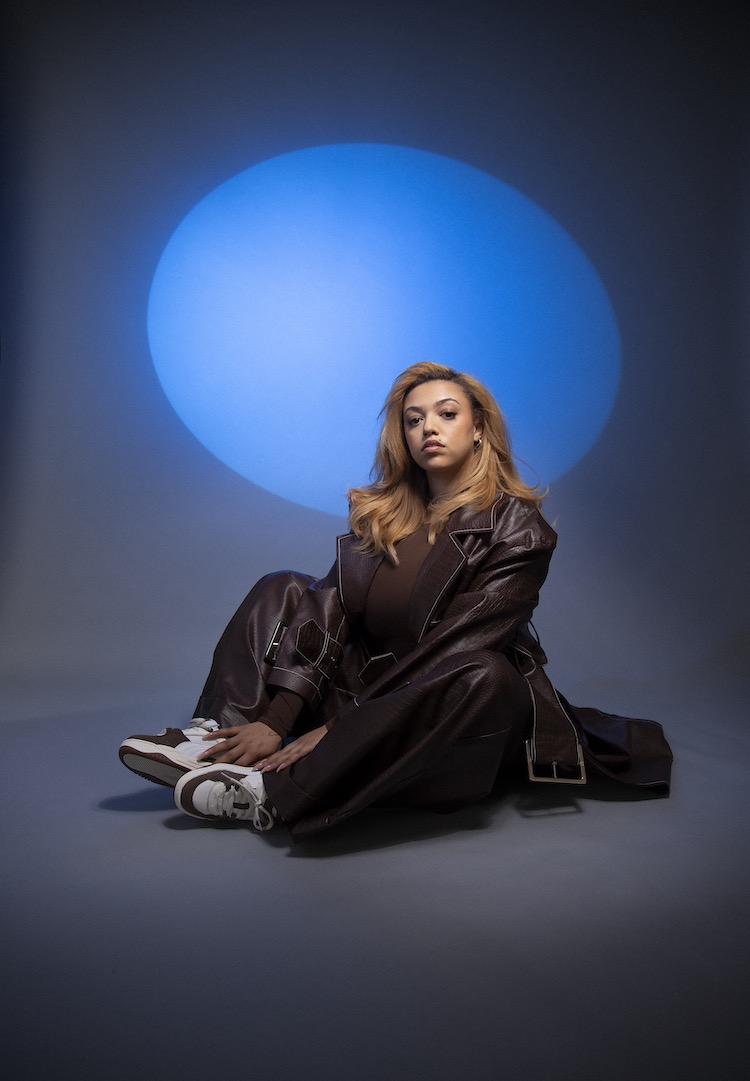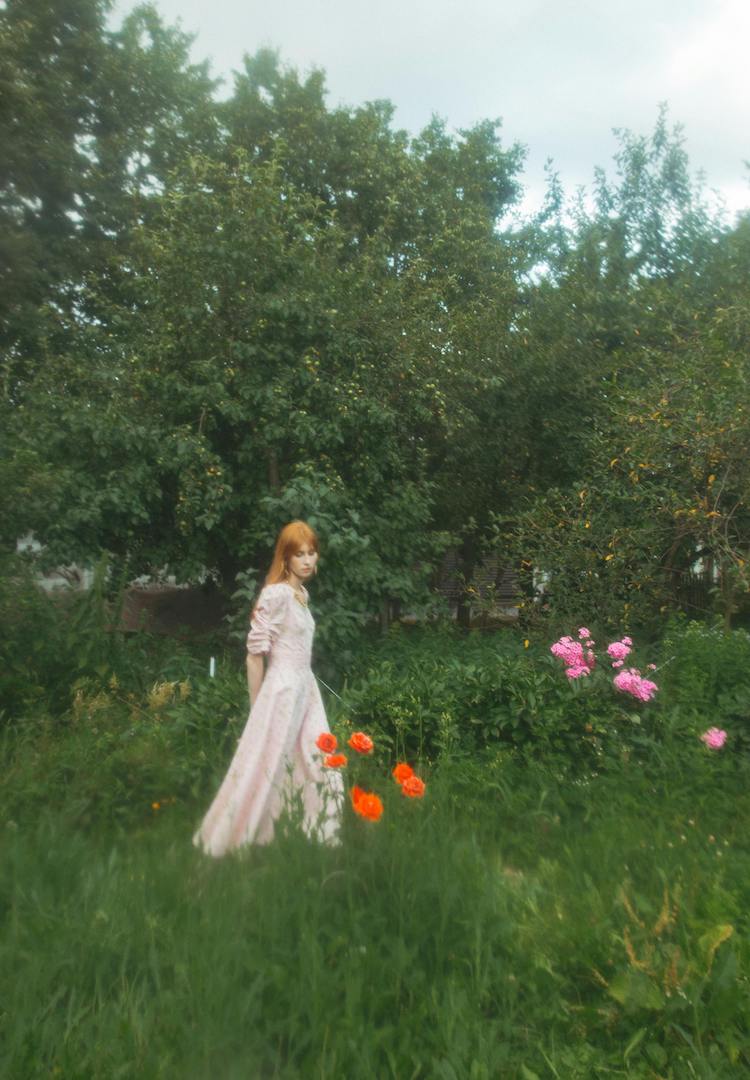What it’s really like to date on the spectrum
WORDS BY JONTI RIDLEY
Yes, I’ve seen ‘Love on the Spectrum’. No, I didn’t like it.
I’m one of those people who confirmed a long-standing suspicion of ‘otherness’ by going down an internet rabbit hole. My whole life I’ve felt like I was missing the handbook for social cues and expressions (among a long, long list of other ‘quirks’) but this wasn’t just me being the ‘weird kid’; as my internet deep-dive helped me discover, I’m on the autism spectrum.
If I’m being brutally honest, it absolutely sucks not having this confirmed until my 20s, but it is what it is. As a serial monogamist, my experience in dating until recently has been on the limited side. Not to chronically overshare on the internet (yet again) but committing to being single has been a lot. Dating, neurodivergent or not, is a minefield of miscommunication, misdirection and, frankly, shitloads of trauma.
Interested to hear how others navigate the world? Head to our Life section.
Remove the subliminal messaging, body language and all those vital communication tools, and you can understand why autistic dating can appear so clumsy. Asking me if I’ve watched Love on the Spectrum isn’t inherently a horrible thing. I understand it’s in good faith – it’s one of the few autism-related pieces of media to have made it into popular culture – and it’s nice to let the person you’re talking to know that you have prior knowledge of the subject you’re talking about.
I’ve long saved this ‘bonding script’ to my brain in the ol’ conversation folder. It’s not the show’s format that’s wrong, it’s the content, and it’s not an inherently nasty connection to draw, it’s just lazy. Before some keyboard warriors start to run with ‘Well if you understand all of that, how autistic can you really be?’, save your characters. It doesn’t take a lot of critical thinking to understand why or how an undiagnosed adult would retrain their brain with mindmaps for neurotypical behaviour. It’s called survival babes, and it’s more commonly known as scripting and masking.
The thing with Love on the Spectrum is that it’s not made for me. It’s made for neurotypical amusement. Like any mini-series, you can’t expect them to include details or intricacies of whatever disability they’ve decided to cash in on. Frankly, it’s a shallow depiction of the autistic community and experience, cast with the intent to fulfil particular neurodivergent stereotypes. Watching an over-romanticised, infantilising, half-hearted attempt at matchmaking doesn’t interest me. It makes me feel like a spectator in my own freak show.
Navigating dating
At first, I didn’t tell people I was on the spectrum. I hoped I could play ‘normal’ long enough into a relationship before soft-launching the diagnosis in an attempt to ‘win them over’ first. If that doesn’t scream red flag, I’m not sure what does. I think we can all agree that pretending to be as likeable as possible and chronically putting your own thoughts, feelings and needs aside is a recipe for resentment and disaster. By masking 24/7 in a bid to win their neurotypical affection, all I was gaining was insecurity and burnout.
A few years of personal growth, a close community of queer neurodivergent friends and fortnightly therapy has led me to include my spectrum status on nearly all my social media. It’s not something I feel the need to hide anymore; plus, full-frontal disclosure honestly prevents more heartache than it causes. I’ve got to say, though, that some people’s reactions are really not it. Explicit ableism and slurs are one thing, but they’re just dickheads being dickheads. It’s the whiplash from people saying offensive things with a smile that makes my skin crawl most.
“You don’t look autistic” seems to roll off the tongue the easiest. Tell me, what do you think autism looks like exactly? “We’re all a little autistic” might be a well-intended attempt at acceptance but it’s actually so very, very dismissive. That’s not me gatekeeping autism, it’s just a medically inaccurate statement. Just because you demonstrate some autistic traits does not mean you’re autistic. You need more than a handful of pieces from the box to build a masterpiece of a puzzle.
The reaction I hate most is when they don’t say anything in particular, but you can feel their perception of you shift immediately. One of two things typically happen; the manic-pixie shades come down, and my permanent otherness will be reduced to quirkiness, never allowing space for the severity or hardship of the neurodivergent experience. Or they instantly infantilise me and now every neurotypical behaviour I have the energy to exhibit is a marvel to be gawked at and celebrated because my silly little brain is apparently similar to that of a small child learning to walk.
Bonus option C is they take it upon themselves to be my ‘neurotypical translator’ and self appoint themselves as judge, jury and executioner of all things ‘normal’. Whether they choose option A, B or C in this fun ableist lineup, not only do I immediately know this person will never see me beyond the autistic label, but they’ve given me a front-row seat to their own ignorance.
I’m disabled, not stupid. If I want help, accommodations or explanations, I’ll ask, one way or another. If you’re a stranger to someone and they tell you they’re autistic, they’re not asking you for anything other than acknowledgement and acceptance. This self-appointed caretaker response isn’t for us or our comfort. It’s for yours, and we can see right through it.
Ultimately, realistically, I think online dating isn’t for me. Expectations to reply consistently, last-minute pressure to spontaneously meet, and the inescapable pressure to blend in don’t fill me with the passionate excitement romcoms promised me at an impressionable age. It might be app burnout, it could be autistic burnout (probably both), but living the reality that is Love on the Spectrum is really fucking hard.
I know I’m not going to get a traditional love story or a poorly produced doco series or any romcom I’ve seen before, because they’re never told from an authentic queer autistic point of view. I guess I’ll have to write it myself.
For more on dating on the spectrum, try this.

